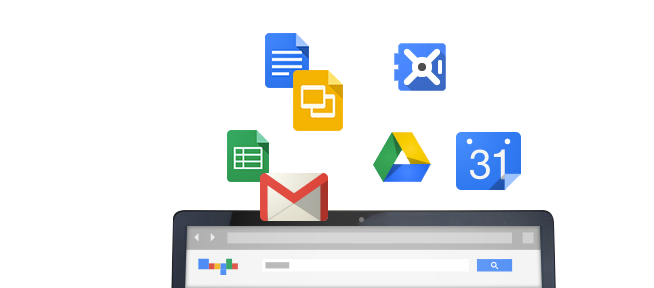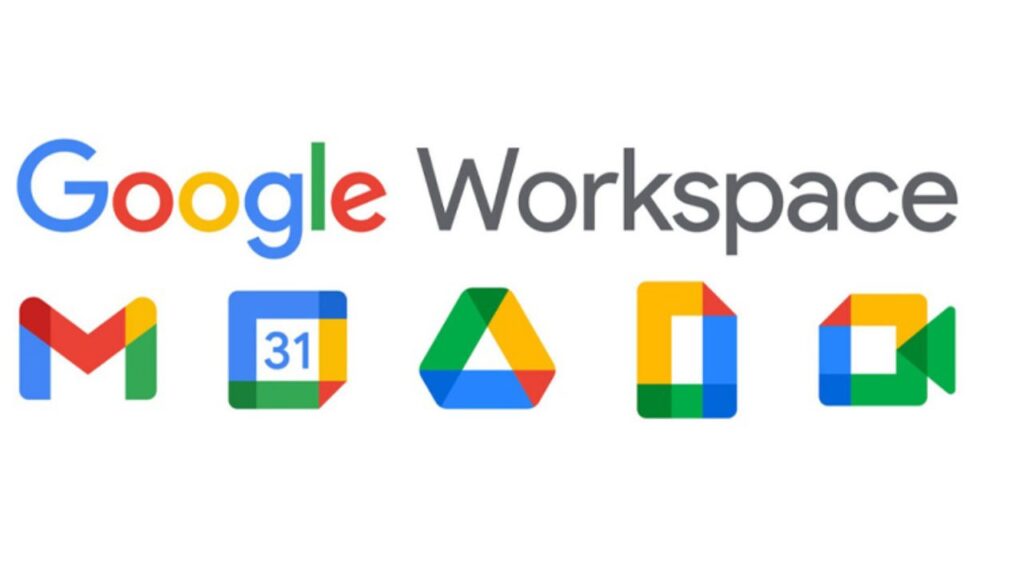Prepare for the unexpected
This article was originally written as an advice list in response to the 2020 COVID-19 pandemic; however, as many companies learned that year, it is always good to be prepared for the unexpected and have a plan ready in case the unexpected does happen. Follow our list below for some quick pointers, or drop us a line to talk about getting your company set for the future!
Delete what you don’t need
This sounds obvious, but if your domain is substantial, I can almost guarantee you have accounts you can delete. Your Google Partner will help with this process (if you don’t have a Partner – we’d love to talk). When deleting a User you’ll have the option to move Drive and Calendar data to another account. If you want to migrate their email data, you can use the built-in migration service – or just ask your partner.
You can review your current Users via admin.google.com/ac/users – Active and Suspended Users use a license.
Leverage Archived User (AU) subscriptions
When an employee leaves your company, you can change that user’s status from active to archived. This assigns the user an Archived User (AU) license. You can maintain users’ data more securely while preventing them from accessing G Suite services. We can provide AU licenses upon request. This reduces your costs by 75% from $12 for G Suite Business to $4 for an AU license. You keep the data safe and secure with the option to restore the account at any time. AU licenses are an exceptional option for furloughed workers and data retention requirements.
Update your plan
If you’re on G Suite Enterprise or G Suite Business you may have the option to downgrade your services. You may have policies and procedures or regulatory requirements that you’ll want to review before making changes to services like Vault, DLP, end-point management, etc. Your partner can review your current level of service to determine if this may be possible or not.
Leverage Alias and Group email addresses
Many people have multiple email addresses and domains within a G Suite environment. You can support multiple emails and domains via Aliases and/or Groups. Aliases and Groups do not require a license. For example, [email protected] is a Group so it does not require a license. Role-based accounts are a good place to look for these opportunities. It’s common to see full User accounts used “so we have the email address” … perhaps info@, support@, etc. Role-based email addresses are often the culprit. Depending on workflow requirements, an Alias or Group might be a great, no-cost option.
Define application requirements based on need
Most organizations do not take full advantage of the G Suite platform. The SLA covers a crazy range of services
- “G Suite Covered Services” means Gmail, Google+, Google Calendar, Google Cloud Print, Google Cloud Search, Google Docs, Google Sheets, Google Slides, Google Forms, Google Drive, Google Groups for Business, Google Hangouts and Google Talk messaging and video initiation, Hangouts Chat, Hangouts Meet, Google Keep, Google Sites, Google Jamboard, Google Tasks, Google Vault, and Google Voice components of the Service.
For video conferencing, there are several great options. Depending on your company’s needs or existing program, we can offer you Zoom, Google Meet, or Microsoft Teams packages. With several programs offering compatible or similar programs (For example, think of the similarity between Microsoft Word and Google Docs), Umzuzu can tailor a suite of programs that fit your company needs best. Drop us a line – we’re happy to assist your company’s needs!



